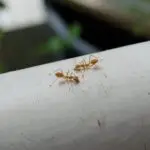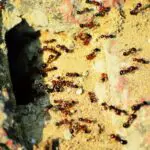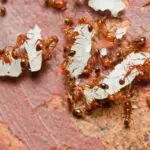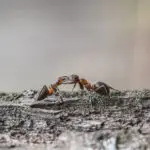Why Ants Are Important
ants play an important role in restoring the ecosystem. They disperse seeds across the earth, improving the germination rate of plants. They aerate the soil and carry decaying organic material under their nests. They communicate with each other through chemical signals called pheromones.
They are also important because of their symbiotic relationship with sap-feeding insects. They protect these insects from enemies and provide them with food.
They also protect the environment by removing dead material, removing carbon dioxide from the air and helping to mitigate climate change. Their presence is particularly important in areas with frequent fires, such as deserts and arid forests.
They are also good indicators of the health of the ecosystem. They have a high level of cognitive ability and process information quickly.
As well as dispersing seeds, they serve as food for a large number of other species. They can also be useful in controlling insects, such as termites.
They are also important in restoring nitrogen and carbon to the food chain. Their pheromones guide them to food sources and warning signals. They also have pores in the ground that allow water and oxygen to travel.
There are about 14,000 different species of ants. They live in a variety of habitats, from the arctic circle to southern Africa. They are often seen in homes and farm fields.
They are one of the earth’s most important scavengers. They can be seen in many places and have been around for many millions of years.








